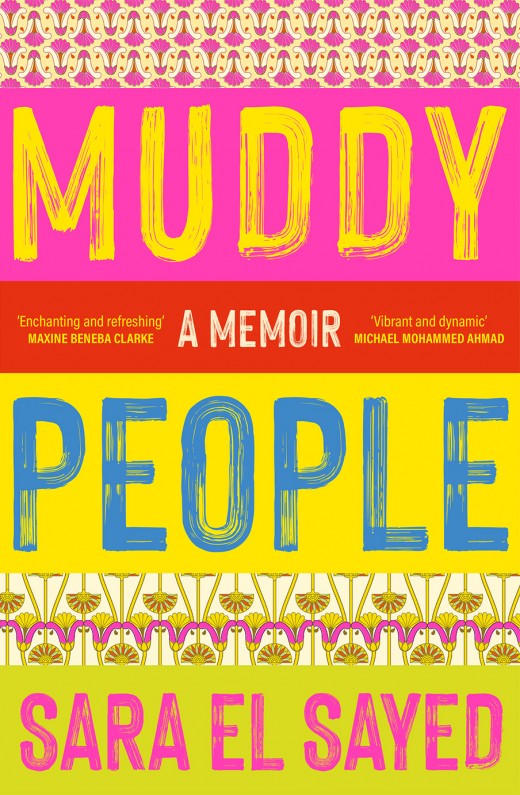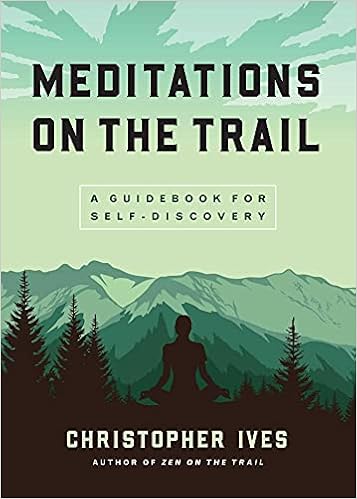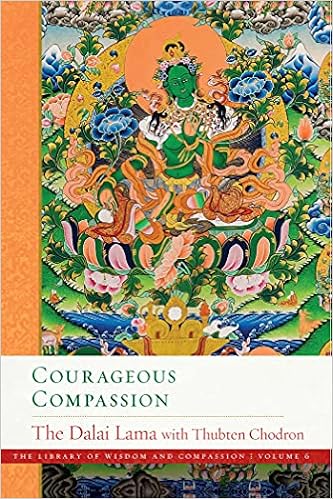Acclaimed linguist, New York Times bestseller and award-winning writer John McWhorter argues that an illiberal neoracism, disguised as antiracism, is hurting Black communities and weakening the American social fabric, and offers a roadmap to justice that actually will help, not hurt, Black America.
WOKE RACISM
by John McWhorter
Portfolio, October 2021
(Writers House)
 Americans of good will on both the left and the right are secretly asking themselves the same question: how has the conversation on race in America gone so crazy? We’re told to read books and listen to music by people of color but that wearing certain clothes is “appropriation.” We hear that being white automatically gives you privilege and that being Black makes you a victim. We want to speak up but fear we’ll be seen as unwoke, or worse, labeled a racist. According to John McWhorter, the problem is that a well-meaning but pernicious form of antiracism has become, not a progressive ideology, but a religion—and one that’s illogical, unreachable, and unintentionally neoracist.
Americans of good will on both the left and the right are secretly asking themselves the same question: how has the conversation on race in America gone so crazy? We’re told to read books and listen to music by people of color but that wearing certain clothes is “appropriation.” We hear that being white automatically gives you privilege and that being Black makes you a victim. We want to speak up but fear we’ll be seen as unwoke, or worse, labeled a racist. According to John McWhorter, the problem is that a well-meaning but pernicious form of antiracism has become, not a progressive ideology, but a religion—and one that’s illogical, unreachable, and unintentionally neoracist.
In WOKE RACISM, McWhorter reveals the workings of this new religion, from the original sin of “white privilege” and the weaponization of cancel culture to ban heretics, to the evangelical fervor of the “woke mob.” He shows how this religion that claims to “dismantle racist structures” is actually harming his fellow Black Americans by infantilizing Black people, setting Black students up for failure, and passing policies that disproportionately damage Black communities. The new religion might be called “antiracism,” but it features a racial essentialism that’s barely distinguishable from racist arguments of the past.
John McWorther was recently on Real Time with Bill Maher and eloquently describes his point of view:
John H. McWhorter teaches linguistics, American studies, and music history at Columbia University. He is a contributing editor at The Atlantic and host of Slate’s Lexicon Valley podcast. McWhorter is the author of twenty books, including The Power of Babel: A Natural History of Language, Losing the Race: Self-Sabotage in Black America, and Our Magnificent Bastard Tongue: The Untold History of English.

 Soos is coming of age in a household with a lot of rules. No bikinis, despite the Queensland heat. No boys, unless he’s Muslim. And no life insurance, not even when her father gets cancer. Soos is trying to balance her parents’ strict decrees with having friendships, crushes and the freedom to develop her own values. With each rule Soos comes up against, she is forced to choose between doing what her parents say is right and following her instincts. When her family falls apart, she comes to see her parents as flawed, their morals based on a muddy logic. But she will also learn that they are her strongest defenders.
Soos is coming of age in a household with a lot of rules. No bikinis, despite the Queensland heat. No boys, unless he’s Muslim. And no life insurance, not even when her father gets cancer. Soos is trying to balance her parents’ strict decrees with having friendships, crushes and the freedom to develop her own values. With each rule Soos comes up against, she is forced to choose between doing what her parents say is right and following her instincts. When her family falls apart, she comes to see her parents as flawed, their morals based on a muddy logic. But she will also learn that they are her strongest defenders.  MEDITATIONS ON THE TRAIL offers a rich array of do-anywhere meditations that will help you explore and deepen your connection to nature, and yourself, in new ways, making the most of your time on the trail. This small book—perfect for throwing in a daypack or a back pocket as you head out for the trail—is filled with practices to take you into the heart of the natural world and uncover your most vibrant self. You’ll return home grateful, more aware of interconnection, and maybe just a little wiser.
MEDITATIONS ON THE TRAIL offers a rich array of do-anywhere meditations that will help you explore and deepen your connection to nature, and yourself, in new ways, making the most of your time on the trail. This small book—perfect for throwing in a daypack or a back pocket as you head out for the trail—is filled with practices to take you into the heart of the natural world and uncover your most vibrant self. You’ll return home grateful, more aware of interconnection, and maybe just a little wiser.  COURAGEOUS COMPASSION, the sixth volume of the Library of Wisdom and Compassion series, continues the Dalai Lama’s teachings on the path to awakening. The previous volume, In Praise of Great Compassion, focused on opening our hearts with love and compassion for all living beings, and the present volume explains how to embody compassion and wisdom in our daily lives. Here we enter a fascinating exploration of bodhisattvas’ activities across multiple Buddhist traditions—Tibetan, Theravada, and Chinese Buddhism.
COURAGEOUS COMPASSION, the sixth volume of the Library of Wisdom and Compassion series, continues the Dalai Lama’s teachings on the path to awakening. The previous volume, In Praise of Great Compassion, focused on opening our hearts with love and compassion for all living beings, and the present volume explains how to embody compassion and wisdom in our daily lives. Here we enter a fascinating exploration of bodhisattvas’ activities across multiple Buddhist traditions—Tibetan, Theravada, and Chinese Buddhism. The Latin term for the female genitalia, pudendum, means “parts for which you should be ashamed.” Until 1651, ovaries were called female testicles. The fallopian tubes are named for a man. Named, claimed, and shamed: Welcome to the story of the female body, as penned by men.
The Latin term for the female genitalia, pudendum, means “parts for which you should be ashamed.” Until 1651, ovaries were called female testicles. The fallopian tubes are named for a man. Named, claimed, and shamed: Welcome to the story of the female body, as penned by men.